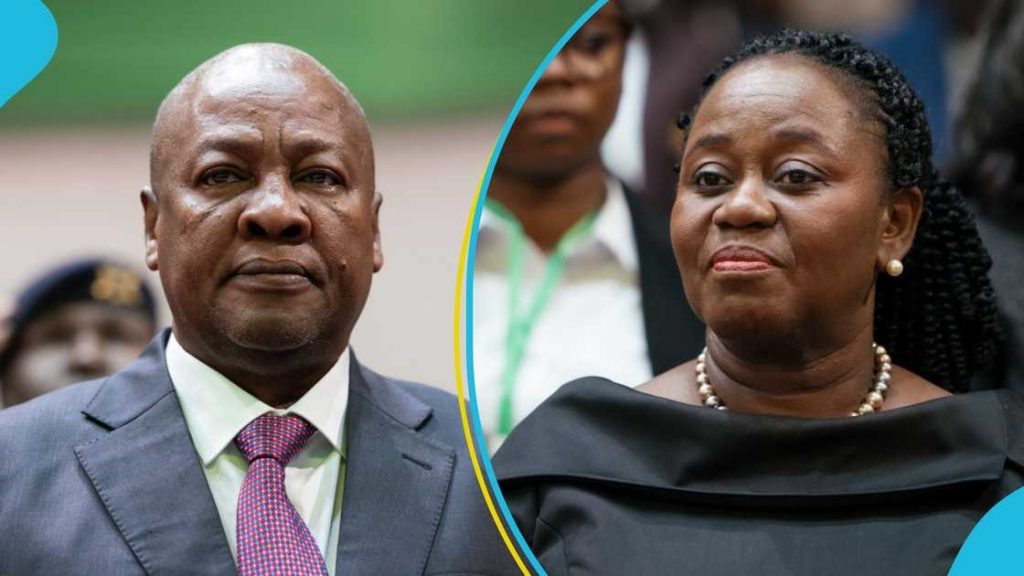The debate over the removal of Chief Justice Gertrude Torkornoo has deepened, following revelations by a member of the National Democratic Congress (NDC) legal team, Abraham Amaliba, that she initially sought to negotiate her retirement with full benefits before taking legal action to contest her dismissal.
Speaking on TV3’s KeyPoints programme on September 6, Mr. Amaliba disclosed that Mrs. Torkornoo reached out through two eminent personalities to request President John Dramani Mahama’s intervention.
“I can tell you on authority that Gertrude Torkornoo worked through some two eminent persons in this country. They came to plead that she should be allowed to retire with all her entitlements,” Amaliba stated.
He explained, however, that the discussions broke down when the former Chief Justice unexpectedly turned to the courts to challenge the removal process. “Somehow, when the discussion was ongoing, she went to court to fight her removal process,” he added.
Amaliba’s remarks came in response to fellow panellist Mr. Ansa-Asare, who had suggested that, on humanitarian grounds, Torkornoo should have been allowed to retire gracefully after 21 years of service.
The revelations come in the wake of President Mahama’s September 1 decision to remove Chief Justice Torkornoo from office, acting on the recommendations of a five-member committee established under Article 146(6) of the 1992 Constitution.
The committee, chaired by Supreme Court Justice Gabriel Scott Pwamang, concluded that “stated misbehaviour” had been proven against the Chief Justice following a petition by businessman Daniel Ofori. Other members of the panel included former Auditor-General Daniel Yaw Domelevo, Major Flora Bazaanura Dalugo of the Ghana Armed Forces, and Associate Professor James Sefah Dzisah of the University of Ghana.
Following the report, President Mahama invoked Article 146(9) to remove her from office. A statement signed by Minister for Government Communications Felix Kwakye Ofosu confirmed the decision, stressing that it was a constitutional requirement.
Meanwhile, legal practitioner Martin Luther Kpebu has argued that the removal means Torkornoo automatically loses all her entitlements, since dismissal on grounds of misbehaviour implies liability for breaching her oath of office.
The contrasting narratives — between alleged attempts at a negotiated retirement and the strict legal implications of her dismissal — have added a fresh layer of intrigue to an already high-profile constitutional case.

